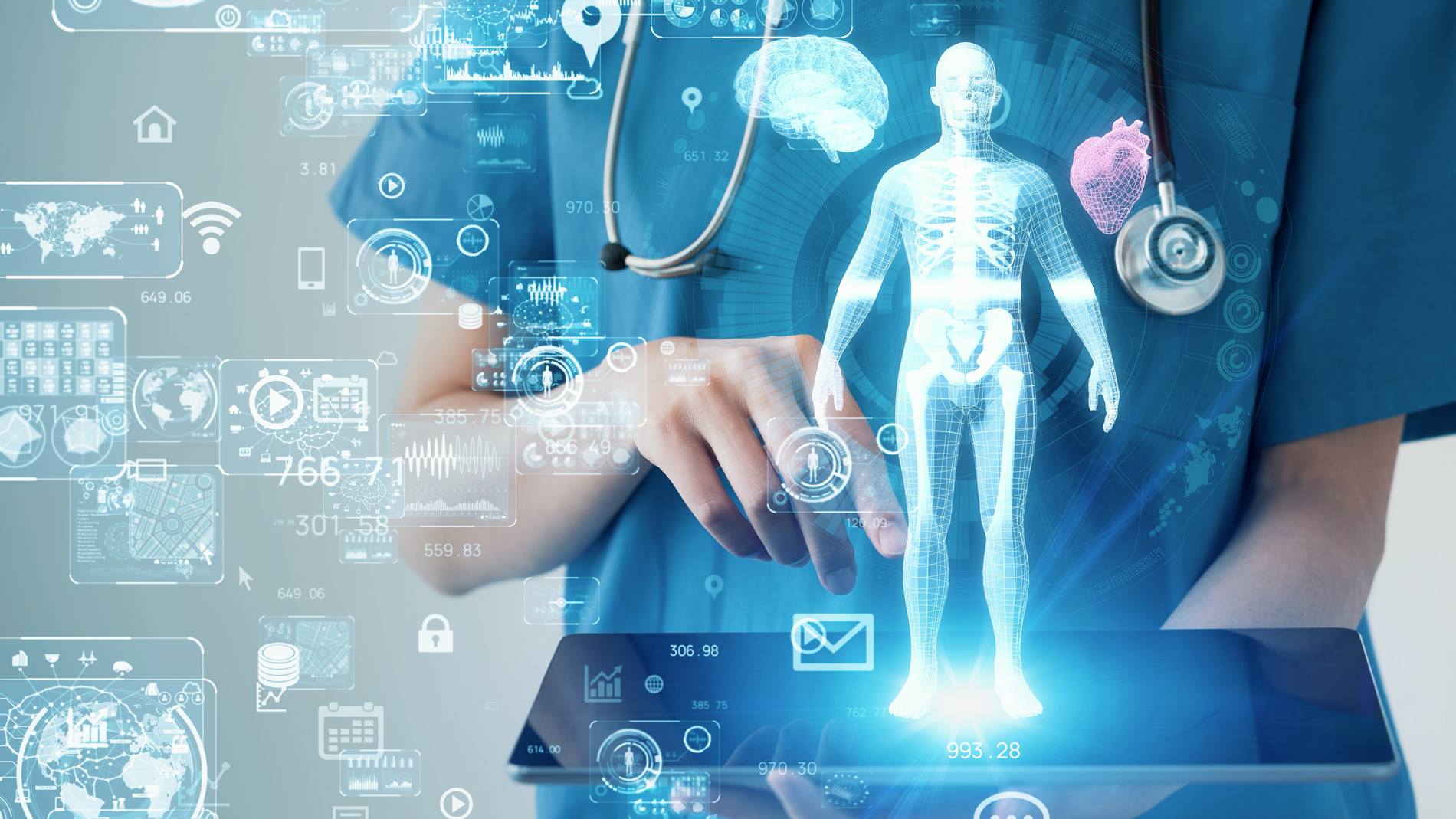
Revolutionizing Healthcare: Navigating the Internet of Medical Things (IoMT)
The Rise of IoMT:
The Internet of Medical Things (IoMT) has emerged as a transformative force in the healthcare landscape, revolutionizing the way medical data is collected, transmitted, and utilized. This interconnected network of medical devices and applications is enhancing patient care, streamlining processes, and contributing to the evolution of healthcare delivery.
Connected Devices Enhancing Patient Monitoring:
One of the key applications of IoMT is in patient monitoring. Connected devices, ranging from wearable fitness trackers to advanced medical implants, allow healthcare providers to continuously monitor vital signs, medication adherence, and overall health metrics. This real-time data enables early intervention, personalized treatment plans, and improved management of chronic conditions.
Smart Hospitals and Efficient Operations:
IoMT extends its influence beyond individual patient care to the entire healthcare ecosystem, contributing to the development of smart hospitals. Connected devices and sensors optimize hospital operations by monitoring equipment usage, tracking inventory, and automating routine tasks. This level of efficiency enhances resource allocation and reduces operational costs.
Data Interoperability and Integration:
IoMT addresses the challenge of interoperability in healthcare by enabling seamless communication between different medical devices and systems. This interoperability facilitates the integration of diverse datasets, providing a comprehensive view of a patient’s health history. Healthcare professionals can make more informed decisions and deliver personalized care with the amalgamation of data from various sources.
Remote Patient Engagement and Telehealth:
The interconnected nature of IoMT has fueled the growth of remote patient engagement and telehealth services. Patients can now actively participate in their care through virtual consultations, mobile health apps, and remote monitoring. This not only enhances accessibility to healthcare but also empowers individuals to take a proactive role in managing their well-being.
Security Challenges and Solutions:
While IoMT brings numerous benefits, it also presents security challenges. The interconnected nature of devices raises concerns about data privacy and cybersecurity. However, ongoing efforts in the industry are dedicated to implementing robust security measures, encryption protocols, and compliance standards to safeguard patient data and maintain trust in the IoMT ecosystem.
IoMT in Chronic Disease Management:
Chronic disease management stands to gain significantly from IoMT applications. Continuous monitoring of patients with chronic conditions, such as diabetes or heart disease, allows for timely intervention and adjustments to treatment plans. IoMT facilitates remote monitoring, reducing the need for frequent in-person visits and improving the quality of life for individuals managing chronic illnesses.
AI and Predictive Analytics in Healthcare:
IoMT, coupled with artificial intelligence (AI) and predictive analytics, is enhancing the predictive capabilities of healthcare. By analyzing large datasets generated by connected devices, AI algorithms can identify patterns, predict disease progression, and recommend preventive measures. This proactive approach contributes to more effective and personalized healthcare strategies.
Regulatory Landscape and Standardization:
The rapid growth of IoMT has prompted the need for regulatory frameworks and industry standards. Governments and regulatory bodies are working to establish guidelines that ensure the safe and ethical deployment of connected medical devices. Standardization efforts aim to create a cohesive IoMT ecosystem, promoting interoperability and data consistency.
Embracing the Future of Healthcare:
In conclusion, the Internet of Medical Things (IoMT) is a catalyst for transformative change in healthcare. To stay informed about the latest developments in IoMT and its impact on healthcare, visit Internet of Medical Things (IoMT). This dedicated resource provides insights into the evolving landscape of connected healthcare devices, offering a glimpse into the future of patient-centered and data-driven healthcare solutions.
